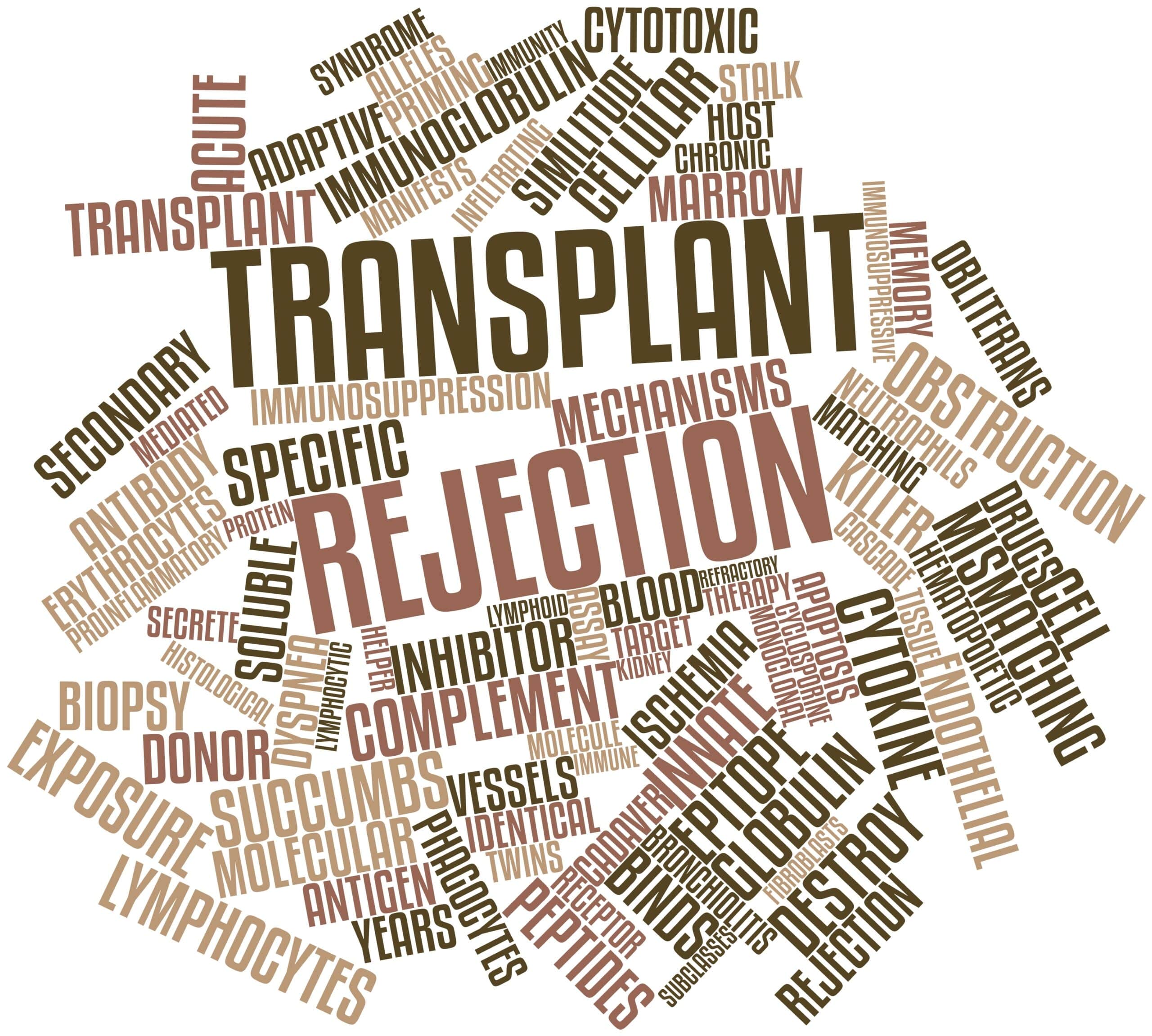Houston Methodist scientists claim to have cracked the code in T-cells that may make organ transplant rejection and autoimmune diseases a thing of the past. PhD Wenhao Chen and colleagues state that they have successfully identified a key switch that controls T-cell dysfunction and functions along with a pathway to target it. The research shows targeting the IRF4 molecule in T-cells is critical to potentially being able to eliminate organ transplant rejection and curing most autoimmune diseases as published in Cell Press.
T-cells are form of white blood cells that protect the body from infection. They also play a part in transplant rejection and autoimmune diseases. It is of great importance for treating these diseases to develop a better understanding of how they work. By way of systematically deleting different molecules found in T-cells to find out which ones the T-cells require for it to function Chen and his team are attempting to do just that.
The team has been able to learn thus far that one of the most important molecules that controls gene expression in T-cells is the transcription factor IRF4. IRF4 generally is only found within the immune system and is not expressed in other cells. Chen suggests in order to develop autoimmunity cure and resolve transplant rejection IRF4 needs to be targeted saying that when it is deleted the T-cells become dysfunctional, in doing so arises the potential to solve the issues. Adding that T-cells do need to be functional in order to control infection, but if an IRF4 inhibitor is found those issues would be solved.
In order to be able to solve these issues they only way to do that is by only targeting activated T-cells that have previously been exposed to antigens, leaving the naive T-cells alone. Naive T-cells are ones that produce little to no IRF4 as they have not been exposed to antigens, they become activated and produce IRF4 only when needed to fight off infections. Activated T-cells are what is responsible for autoimmunity and transplant rejection.
The team’s initial study results has shown promise. They were able to inhibit the expression of IRF4 for 30 days, which is the amount of time needed for transplant patients to remain infection free. After 30 days the T-cells were irreversibly dysfunctional, which may help in prolonging the ability to tolerate an organ transplant.
Chen is hopeful that if a way to inhibit IRF4 as desired in activated T-cells most transplant rejection issues and autoimmune diseases will be solved.




